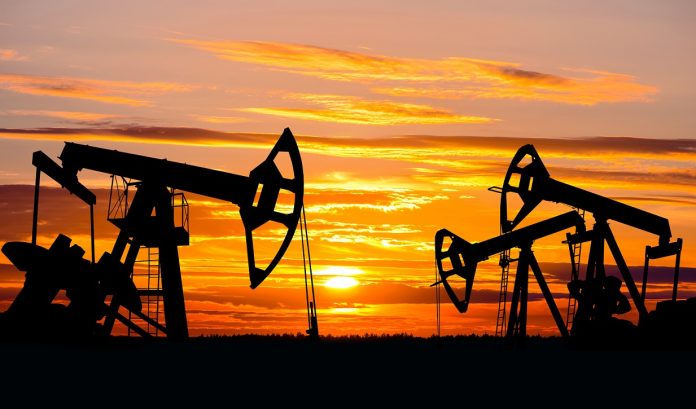Emirates National Oil Co. has denied a senior Ghanaian official’s claim that the company is in talks about supplying the West African nation with fuel in return for gold.
According to a report by Bloomberg, the claim by a senior Ghanaian official that Government of Ghana had engaged them to exchange gold for refined petroleum product is false.
Kabiru Mahama, an economic advisor to the Vice President of Ghana last Friday said that Government of Ghana had reached a tentative agreement with the Dubai based oil firm.
“We’re open to any international oil-trading company that is interested,” Mahama said in a phone interview on Friday as reported by energyvoice.com. “Starting next October, all our oil-product needs would be swapped for gold.”
However, the firm had denied any engagement with Government of Ghana.
“This is totally baseless and incorrect,” an official of Dubai oil firm, ENOC, said as carried by Bloomberg on Tuesday.
“There have been no discussions regarding this subject,” the official added.
It would be recalled that Vice President of Ghana Dr. Mahamudu Bawumia last Thursday revealed that government is negotiating a new policy regime where our gold will be used to buy oil products.
In a post on his official Facebook page Dr. Bawumia said the new policy is expected to take effect by the end of the first quarter of 2023.
“The demand for foreign exchange by oil importers in the face of dwindling foreign exchange reserves results in the depreciation of the cedi and increases in the cost of living with higher prices for fuel, transportation, utilities, etc. To address this challenge, Government is negotiating a new policy regime where our gold (rather than our US dollar reserves) will be used to buy oil products. The barter of sustainably mined gold for oil is one of the most important economic policy changes in Ghana since independence.
“If we implement it as envisioned, it will fundamentally change our balance of payments and significantly reduce the persistent depreciation of our currency with its associated increases in fuel, electricity, water, transport, and food prices. This is because the exchange rate (spot or forward) will no longer directly enter the formula for the determination of fuel or utility prices since all the domestic sellers of fuel will no longer need foreign exchange to import oil products.
“The barter of gold for oil represents a major structural change. My thanks to the Ministers for Lands and Natural Resources, Energy, and Finance, Precious Minerals Marketing Company, The Ghana Chamber of Mines and the Governor of the Bank of Ghana for their supportive work on this new policy. We expect this new framework to be fully operational by the end of the first quarter of 2023.”
















